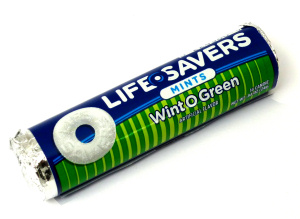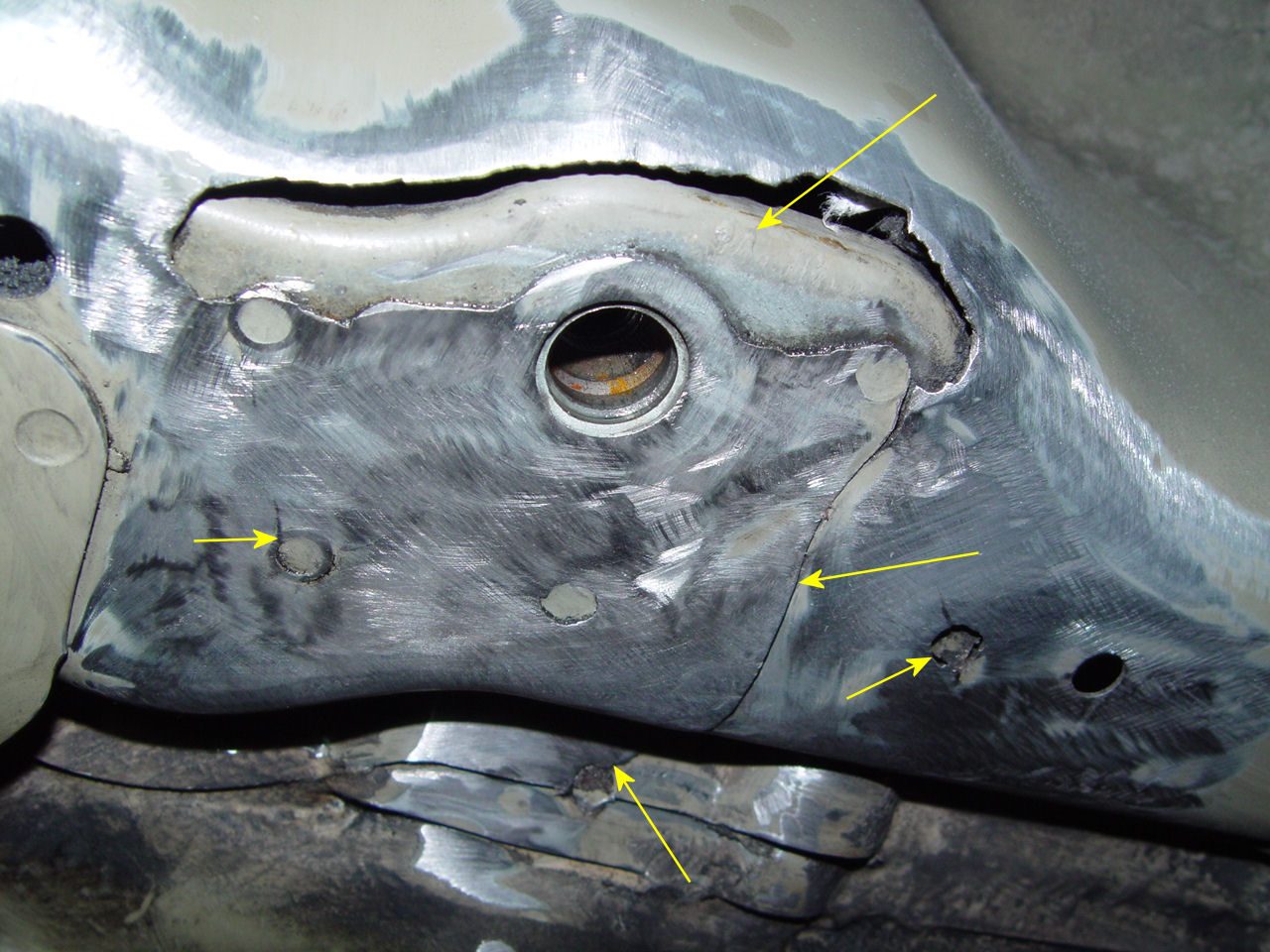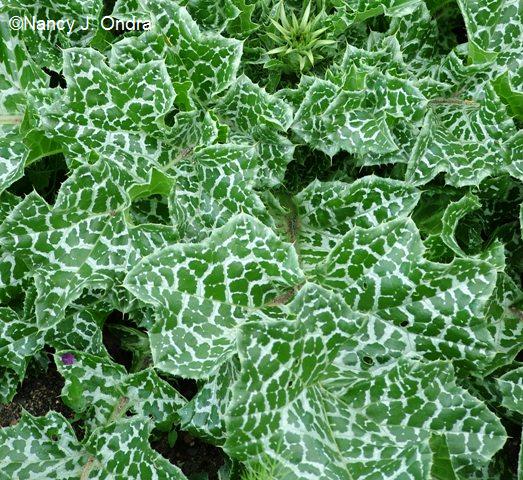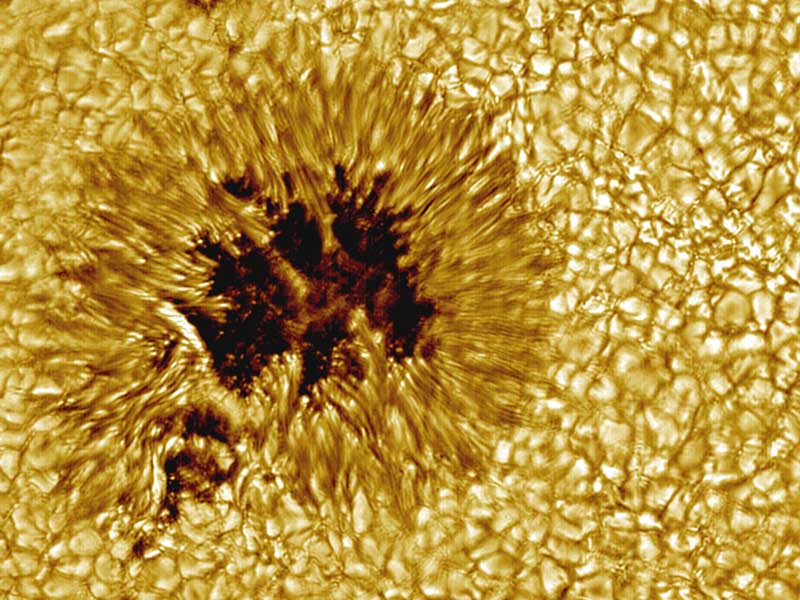Sunday, December 26, 2010
Wooly Mammoth Carcass Was Found in Siberia
I found this article on this 42,000 year old baby mammmoth that was found frozen in Siberia. The mammoth was found in 2007, almost perfectly preserved in Sberian river muck with only her hair and toenals missing. Her internal organs, and the contents of her stomach are still in her tiny little body. Scientists have learned a lot about these ancient creatures through this baby mammoth they named Lyuba. They learned that mammoth babies eat their mother's excriments because it gives them bacteria they need for proper digestion. The Russians preserved Lyuba in ethanol and an antifungal agent called methylparaben. She can now be seen at the Field Museum in a traveling exhibit called "Mammoths and Mastodons: Titans of the Ice Age".
See the full article at:
http://www.washingtonpost.com/wp-dyn/content/article/2010/03/08/AR2010030803850.html
See my story about the baby mammoth
http://artandwritings.blogspot.com/2010/12/wooly-mammoth.html
Sunday, November 28, 2010
Telomerase Reverses Aging Process
By Ewen Callaway

http://www.guardian.co.uk/lifeandstyle/2009/aug/04/medical-experiments-on-mice
"Premature aging can be reversed by reactivating an enzyme that protects the tips of chromosomes, a study in mice suggests."
"Premature aging can be reversed by reactivating an enzyme that protects the tips of chromosomes, a study in mice suggests."
"Mice engineered to lack the enzyme, called telomerase, become prematurely decrepit. But they bounced back to health when the enzyme was replaced. The finding, published online November 28 in Nature, hints that some disorders characterized by early aging could be treated by boosting telomerase activity. (Scientific American is part of Nature Publishing Group.)"
"It also offers the possibility that normal human aging could be slowed by reawakening the enzyme in cells where it has stopped working, says Ronald DePinho, a cancer geneticist at the Dana-Farber Cancer Institute and Harvard Medical School in Boston, Massachusetts, who led the new study. "This has implications for thinking about telomerase as a serious anti-aging intervention."
"Other scientists, however, point out that mice lacking telomerase are a poor stand-in for the normal aging process. Moreover, ramping up telomerase in humans could potentially encourage the growth of tumors."

Thursday, November 18, 2010
Why do wintergreen mint lifesavers spark in your mouth?
Have you ever eaten a wintergreen lifesaver in the dark when someone else was watching? If so, they saw a green spark while you were chewing it. this is why you see it:

http://www.candyfavorites.com/blog/tag/spark/
Wintergreen mints of all types emit light when the candy is bitten into. The light may be very faint, but it can occasionally be spectacular. The effect, called triboluminescence, is due to the electrical charge that builds up within the crystalline structure of the sugar within the candy. The triboluminescence occurs when the electrical charge is violently released as the structure of the crystals is broken. Of course, it isn't just sugary candies that produce this light; when anything is torn or broken, the same thing can occur. When atoms are forced violently apart, they lose a larger portion of their electrons far more quickly than normal. As the electrons search for balance, they bounce around until they find somewhere to rest.
When the atoms are crushed, the electrons are forced out of their atomic orbits. These electrons collide with air molecules and the electrons transfer a portion of their energy in the collision. Because there is an excess of energy, a portion of that energy is emitted as visible light. With wintergreen mints, this visible light is bright blue, and while there isn't very much of it, it is extremely bright. The more pieces of candy that are crushed at one time, the greater the amount of atomic damage, and the more spectacular the light show. Wintergreen mints will emit a greater than normal amount of visible light because the wintergreen oil is fluorescent. The oil within the candy emits the light that is of a longer wavelength, and more easily seen by the human eye. The interesting thing about the wintergreen oil is that it absorbs the shorter wavelength light that is typically emitted and emits the longer wavelengths in its place. That's why the wintergreen candies will emit a much stronger "spark" than other candies."
Read more: Why Do Wintergreen Mints Spark in Your Mouth? | eHow.com http://www.ehow.com/how-does_5164047_do-wintergreen-mints-spark-mouth.html#ixzz15gXk9ZV9

http://myweb.lmu.edu/jphillips/201_F02/week1/fri1.html

http://www.candyfavorites.com/blog/tag/spark/
"Triboluminescence
Wintergreen Oil
Read more: Why Do Wintergreen Mints Spark in Your Mouth? | eHow.com http://www.ehow.com/how-does_5164047_do-wintergreen-mints-spark-mouth.html#ixzz15gXk9ZV9

http://myweb.lmu.edu/jphillips/201_F02/week1/fri1.html
Tuesday, November 16, 2010
"What do you see" experiment results
None of the answers were the same! everyone who participated in the experiment saw different things for each photo. Do you see what they saw? Thanks to all the people who participated!
RESULTS:
#1: cracked metal

Petrified wood
Part of a car, or a prosthetic leg
a picture of a sunken ship in water upside down
a turtles head
#2: ivy leaves

Ivy leaves
Ivy leaves
underwater planty stuff
#3: Bacteria art

ferns
plant roots
an old button with feathers coming off
something too small to see without a microscope
#4: sunspot

sea urchin
part of a flower, or a UFO
a bunch of seeds
the inside of a flower
#5: bacteria

worms
scary aliens
oil stuff in water
some sort of very small worm
2. Ivy leaves www.gardeninggonewild.com
3. Bacteria art http://star.tau.ac.il/~eshel/index.html
4. Sunspot http://apod.nasa.gov/apod/ap051106.html
5. Bacteria http://motherjones.com/blue-marble/2007/11/hold-antibiotics-infections-critical-healthy-life
RESULTS:
#1: cracked metal

Petrified wood
Part of a car, or a prosthetic leg
a picture of a sunken ship in water upside down
a turtles head
#2: ivy leaves

Ivy leaves
Ivy leaves
underwater planty stuff
#3: Bacteria art

ferns
plant roots
an old button with feathers coming off
something too small to see without a microscope
#4: sunspot

sea urchin
part of a flower, or a UFO
a bunch of seeds
the inside of a flower
#5: bacteria

worms
scary aliens
oil stuff in water
some sort of very small worm
Monday, November 8, 2010
The science behind brushing 2-3 times a day
Have you ever wondered why your parents tell you to brush every day, twice a day? I mean, apart from the obviou. I found some sights in which I took a few quotes from to help explain why doctors and parents tell you to brush 2-3 times a day.

1.Fluoride
2.Bacteria
3.Saliva production
4.prevent tartar build up
5.protect gums
6.fresh breath
7.improved overal health
"When you brush before going to bed it’s a first line of defense against the formation of cavities while you sleep."
Read more: http://www.sanedentist.com/7-reasons-to-brush-your-teeth-twice-a-day.html#ixzz14kC6dt5t
"When you brush before going to bed it’s a first line of defense against the formation of cavities while you sleep."
Read more: http://www.sanedentist.com/7-reasons-to-brush-your-teeth-twice-a-day.html#ixzz14kC6dt5t
"Failure to brush your teeth twice a day increases risk of heart disease"
What do you see?
I'm not looking for a certain answer, just tell me what you see in these photos.
Please don't look at the links until you have finished guessing.
post what you see in the comments section below! thx
example answer:
COMMENTS PAGE
1. a cracker
2. a clown
3. an apple
4. a soda bottle
5. someone doing CPR on an old guy
(but put what you really think, not jokes)
1.
link is here
2.
link is here
3.
link is here
4.
link is here
5.
link is here
Please don't look at the links until you have finished guessing.
post what you see in the comments section below! thx
example answer:
COMMENTS PAGE
1. a cracker
2. a clown
3. an apple
4. a soda bottle
5. someone doing CPR on an old guy
(but put what you really think, not jokes)
1.

link is here
2.

link is here
3.

link is here
4.

link is here
5.

link is here
Wednesday, May 5, 2010
The Butter Was Great!
the butter was truly amazing! It was way more than I expected it to be. It tasted like unsalted butter with a hint of cream. It melted right in your more so quickly that you wish it lasted longer!
YUM!
YUM!
Experimenting With Vinegar
Today I decided to experiment with vinegar. Of course I knew that if you put baking soda in vinegar it will fizzle and bubble but, I wanted to see what other things would bubble. So first I tried putting yeast into vinegar:
1 packet 2 spoonfuls
Yeast + vinegar = Clumpy, not enough vinegar, smells bad, chunky
<---Looks like it's watery but it's not!
 1 spoon 2 spoons
1 spoon 2 spoons
Salt + vinegar = Tiny fizzling, not amazing
1 packet 2 spoonfuls
Yeast + vinegar = Clumpy, not enough vinegar, smells bad, chunky
<---Looks like it's watery but it's not!
 1 spoon 2 spoons
1 spoon 2 spoonsSalt + vinegar = Tiny fizzling, not amazing
1 spoon 2 spoons
baking soda + vinegar = fizzling, bubbling, cakes at bottom, vinegar on top
Well, all in all, this experiment was not a great success, well, I guess it was because you can never have and unsuccessful experiment. Really it is just unexpected results which can be good thing!
I guess I was just a little let down. It happens sometimes! Thanks for reading and come again when I do my next experiment (soon), it will be fun! I'm testing sodas and Mentos. (BOOM!) :P :)
Tuesday, May 4, 2010
Upcoming Experiments:
1. This weekend, I am going to get five kinds of sodas and two kinds of mentos and test the altitude of the soda's spurt height.
2. Not long after that, I will test what happens when your pour different things into vinegar.
3. And not long after that, I will grow mustard plants and see how long it takes.
post any suggestions in the comments! thx
2. Not long after that, I will test what happens when your pour different things into vinegar.
3. And not long after that, I will grow mustard plants and see how long it takes.
post any suggestions in the comments! thx
Monday, May 3, 2010
Fill in the Blanks and Help me out!
If you do _________ to __________ something will happen OR
How long will it take _________ to ___________
How long will it take _________ to ___________
making butter
right now i am trying to make butter with a creamer. I am shaking the creamer while i am typing this so it is hard to type. I dont think butter is made exactly this way, i think that there are more steps involved but this is the way I'm goin, quick and simple. well, not so quick.
The creamers are Hood Half & Half
I have creamers numbered 1,2,3. I just started 2,3 but i have been doing 1 for a while
I'll tell you how it goes when i finish.
6:38- about 55 minutes in, hand getting soar, creamers getting warmish. I believe there is a tiny bit less liquid...
6:46 pm- Just noticed cream congealing on edges.
7:02 pm- more cream, probably because of congealing chunks.
7:24 pm- my mom shook the creamers while i practiced piano for 20 minutes. There is a little less liquid and more congealing. The creamers are warmer probably because my mom was holding them and her hands are bigger and covered them more with her body heat.
I've been doing this now for 2 hrs approximately...
7:42 pm- more liquid, almost to the top. Probably because there are more chunks.
8:33 pm- I must give up for the night and hope that in the morning that I can still make butter. After shaking for a while in the morning I will open the creamers and see what I have. Right now there is little more progress that I see. There are small chunks in the creamers.
7:32 am- Yes! it sort of worked!
I took out all the butter from the creamers and put it into one creamer.
guess what?! it tastes like unsalted butter!
Subscribe to:
Comments (Atom)








